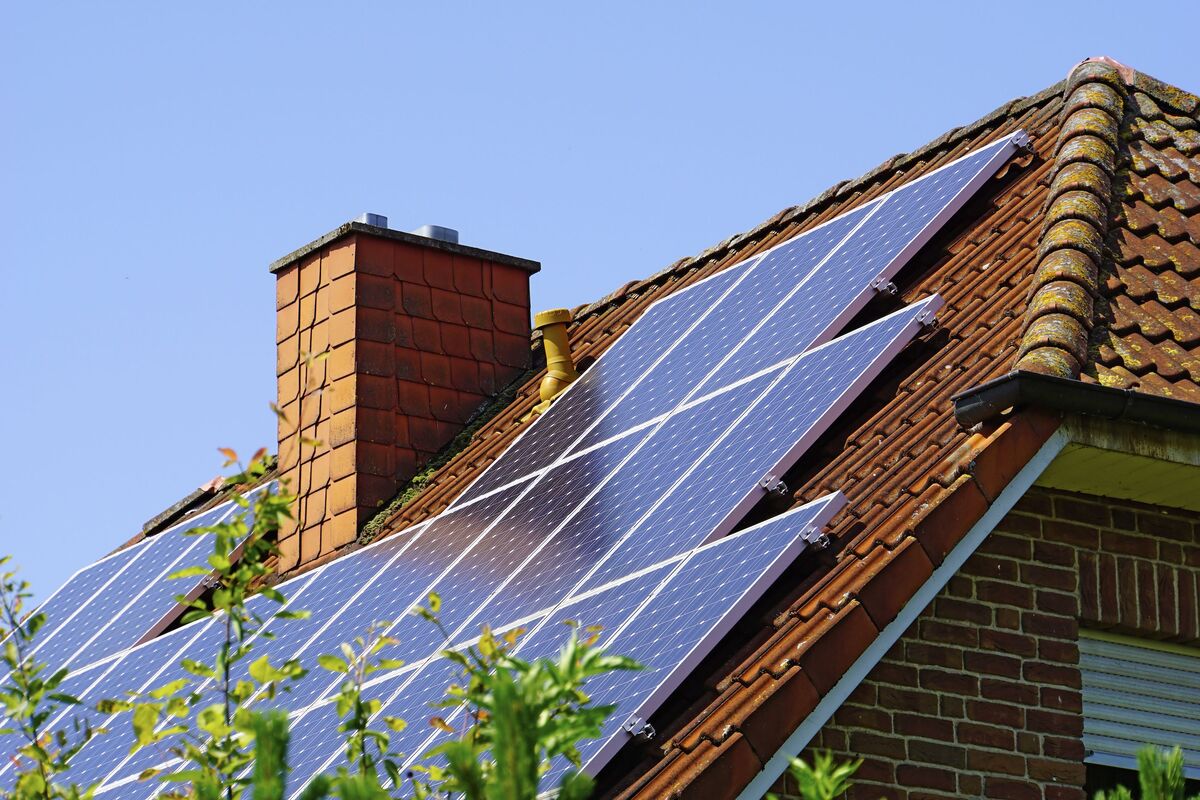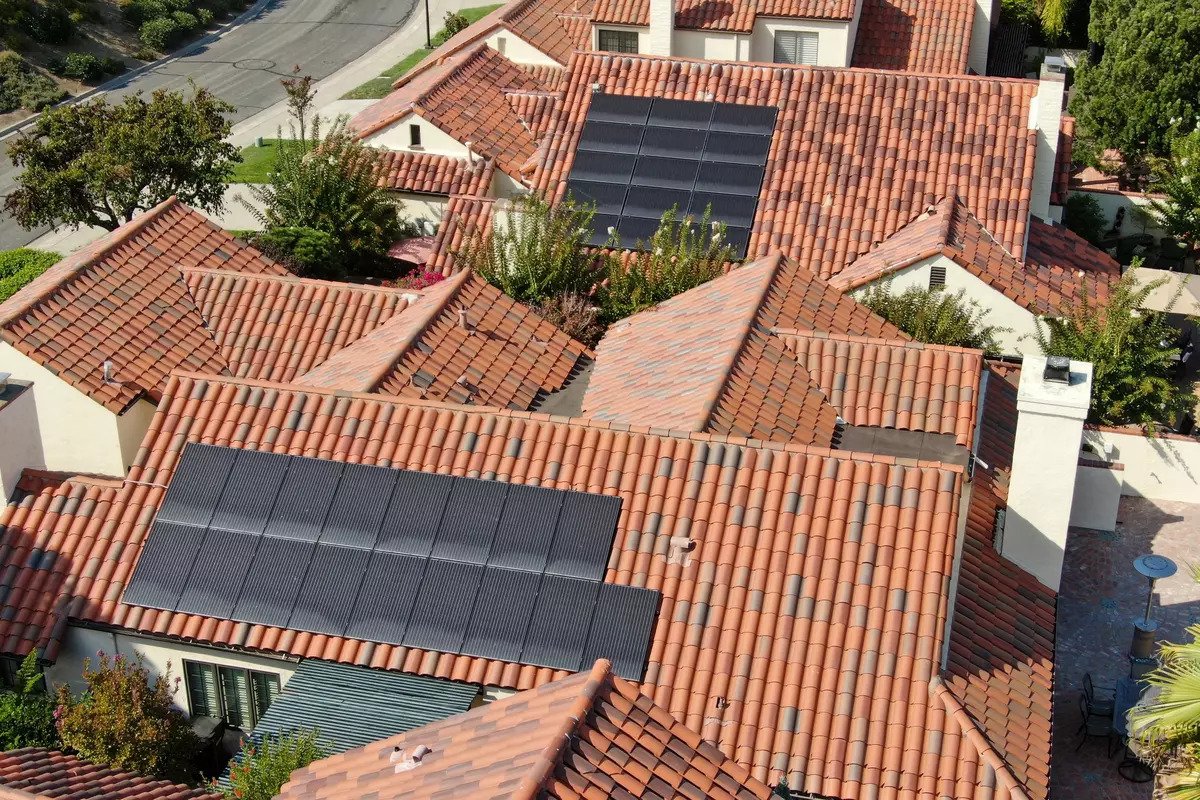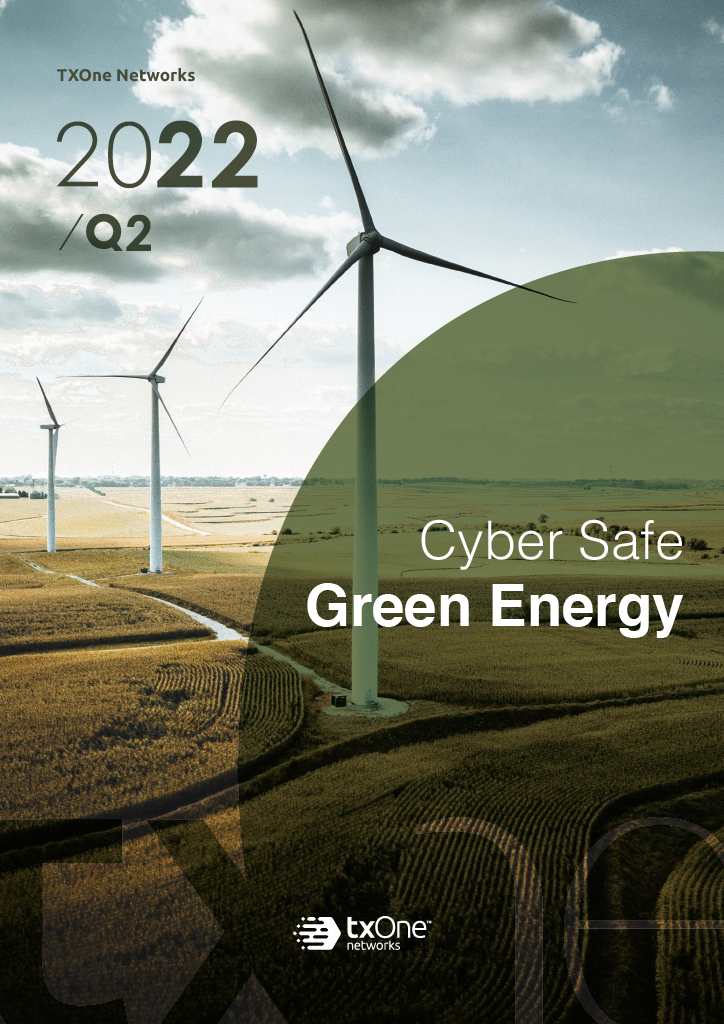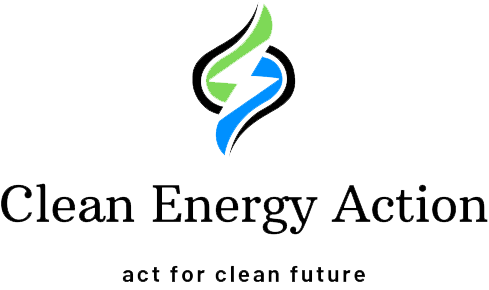
Human Behavior on the Transition to Household Energy Efficiency
In November 2021, the United States House of Representatives passed a climate change-related bill now known as the Build Back Better Act. According to U.S. President Joe Biden, “Build Back Better” encompasses a framework that also focuses on a large-scale effort to tackle climate change. This legislation features not only a sequence of rebates and tax credits but also a series of grants for households to transition to energy efficiency.
However, since the legislation came to be, there were times that program administrators possibly had a taxing job of persuading citizens to secure eco-friendly upgrades. Convincing people to shift to using light-emitting diode (LED) bulbs for interior lighting was a breeze but getting them to invest in an electric heat pump costing thousands of dollars won’t be easy. Also, the adoption of energy-efficient technologies in homes is not yet widespread.
For program officials to effectively relay to households the crucial message of combating climate change, they should fully understand human behavior and one’s decision-making process toward switching to emerging sustainable technologies.

For instance, the climate programs in the legislation allow the average American household to save hundreds of dollars each year on electricity bills via rebates and tax credits. As a result, they can then invest in electric upgrades for clean technologies like rooftop solar panels and home heating to minimize greenhouse gas emissions.
In addition, informal social norms centered upon how we view each other’s actions could impact various energy-related behaviors. Observational learning and word-of-mouth enable people to – for example – become aware of and appreciate the advantages of adopting clean technologies and minimize the uncertainty regarding how difficult it could be to start the change.
Once a community switches to clean tech, human behavior on energy efficiency will lean toward sustainable living.
You may also like
Written by christopher
Choose Topic


Recent Comments